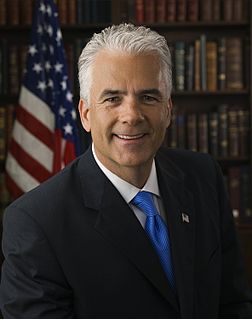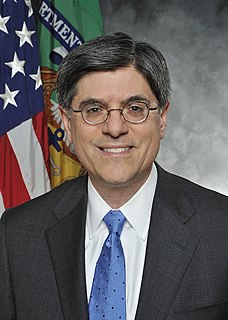A Quote by James Surowiecki
Popular as Keynesian fiscal policy may be, many economists are skeptical that it works. They argue that fine-tuning the economy is a virtually impossible task, and that fiscal-stimulus programs are usually too small, and arrive too late, to make a difference.
Related Quotes
A wide range of possible fiscal policy tools and approaches could enhance the cyclical stability of the economy. For example, steps could be taken to increase the effectiveness of the automatic stabilizers, and some economists have proposed that greater fiscal support could be usefully provided to state and local governments during recessions.
Too many members of Congress are too involved in grabbing what they can for their states or districts without enough emphasis on overall fiscal restraint for the sake of the nation as a whole. We need a new era of fiscal sanity. I am not willing to subject my children and grandchildren to the level of debt that Congress has created.
One of the things I think is very likely is that with the prospects of robust fiscal stimulus in response to voters mad as hell, the Fed is going to be in there with helicopter money. In other words, they're going to be buying whatever the Treasury issues. They're not going to, in effect, advocate strong fiscal stimulus and then not finance it. And that's helicopter money.
Aggregate aid is to the Ethiopian economy what Obama's fiscal stimulus was to the American economy: minus these injections, both economies would suffer catastrophically. The theatrical blustering of the Ethiopian government notwithstanding, donor countries have a make-or-break power over the Ethiopia's prosperity.






























